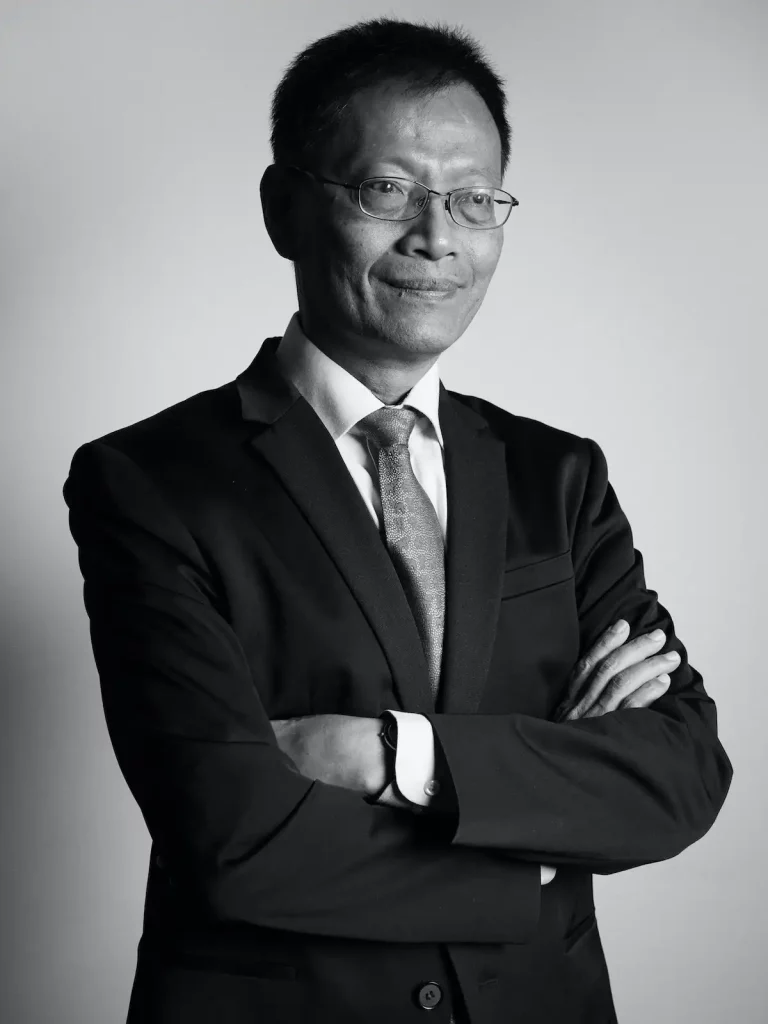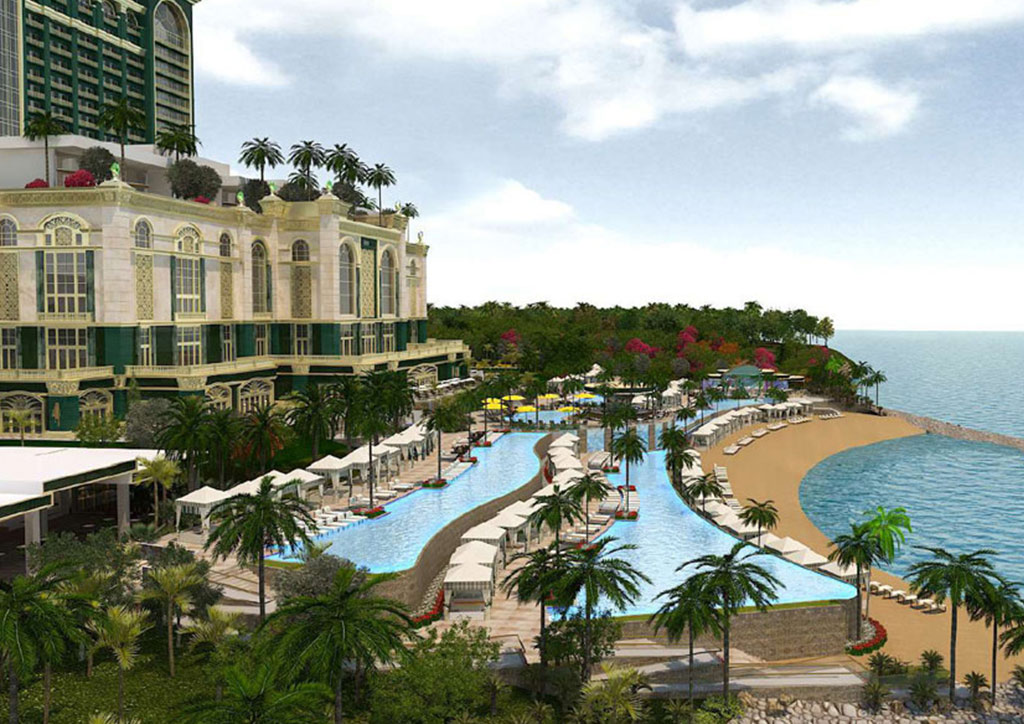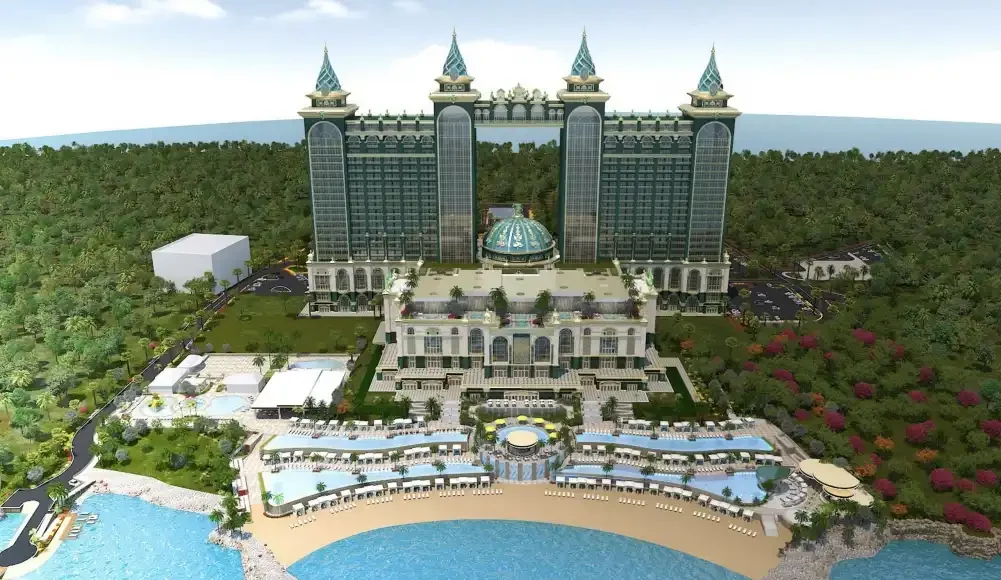Funding issues have plagued PH Resorts’ Emerald Bay project, suffering another setback as its most recent investor, AppleOne, has pulled out. In this week’s Under the Scope, IGamiX Managing Partner Ben Lee points out how politics trumped business acumen, with banks holding all the cards.

Back in March, PH Resorts suffered a major setback, as Solaire Resort operator Bloomberry Resorts decided to pull out its planned investment in the Emerald Bay project, located in Cebu. Then just this week, it hit another major roadblock, as its new primary investor, AppleOne, also retracted its investment.
Initially slated to open in the first quarter of 2023, construction has been stalled and the company has been seeking a lifeline in order to hope the open the project and complete the prerequisites in order to capitalize on its casino license.
“The license was granted to someone who was unproven in the gaming space, who emerged out of the blue with this quite substantial project in a secondary and unproven market, so it’s unsurprising that the project would hit roadblocks if they did not have a big investor behind them,” notes the expert.
Lee speaks of tycoon Dennis Uy – who enjoyed a favorable relationship with then-president Rodrigo Duterte, and largely was granted a gaming license due to his business connections.
Funding issues
What has plagued the project from the get-go is funding, with Lee noting that “financing on the surface looks readily available however once anyone dives into it the options are limited to a very small handful of local establishments, the most active one being owned by one of the four casino license holder in Manila. Foreign banks are extremely wary of the Philippines market due to its history of preferential political and judiciary treatment for locals over the foreigners”.
But given how tightly clenched banks’ fists are, once a project gets into hot water, they’re unwilling to back down, preferring a default on the capital to a reduction in the asking price.
“One of the unique features found in the real estate development market in the Philippines is that no matter how distressed the asset is, the developers still want their premium and their bankers will never take a haircut,” notes Lee.
“When the projects get into difficulty, the interest compounds […] the banks don’t appear to be willing or allowed to write off any tax losses, therefore they will always carry the original debt plus compounding interest at full book value”.
This means that incoming investors, particularly foreign investors, “will be quoted the full book value as well as the premium that the original investor or developer still wants”.

Potential investors
The only chance now for salvation “is another Filipino investor, or somebody who’s got inroads with the banks, to basically buy out the debt”.
That means that PH Resorts is essentially stuck in a waiting game, as the banks and potential investors wait for the property to bleed out financially, to then be sold for cents on the dollar.
Potential investors, such as Bloomberry or Megaworld’s Andrew Tan, are the only likely salvagers of the project – due to its scale, notes Lee.
“They’re the two big tycoons who have the ability, but I would not be surprised if they have investigated and found that the asking price was a little bit too high. And they’re sitting back and waiting perhaps for the bank default calls”.
Other potential investors “are probably too shrewd to walk in at the valuation that the current owners are seeking and they’re prepared to wait”.
This is not to say that the Cebu market isn’t attractive, however foreign investors are unlikely to find a strong foothold, as both the land ownership and casino license need to be at least 60 percent locally-owned.
Speaking to AGB earlier in July, the COO of Emerald Bay Angel Sueiro assured that the property could open within 24 months – if financing was secured. Some months later, this timeline appears to be in question, as does the overall fate of the project.











